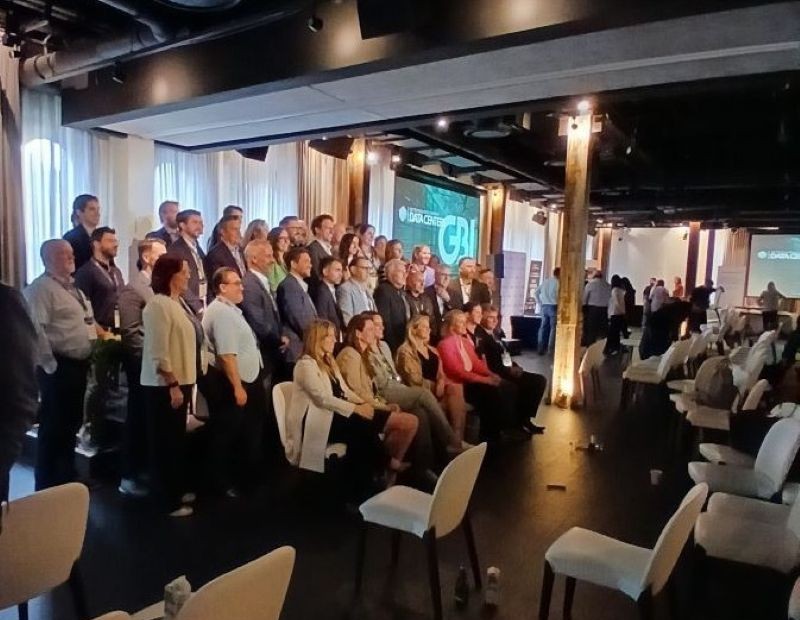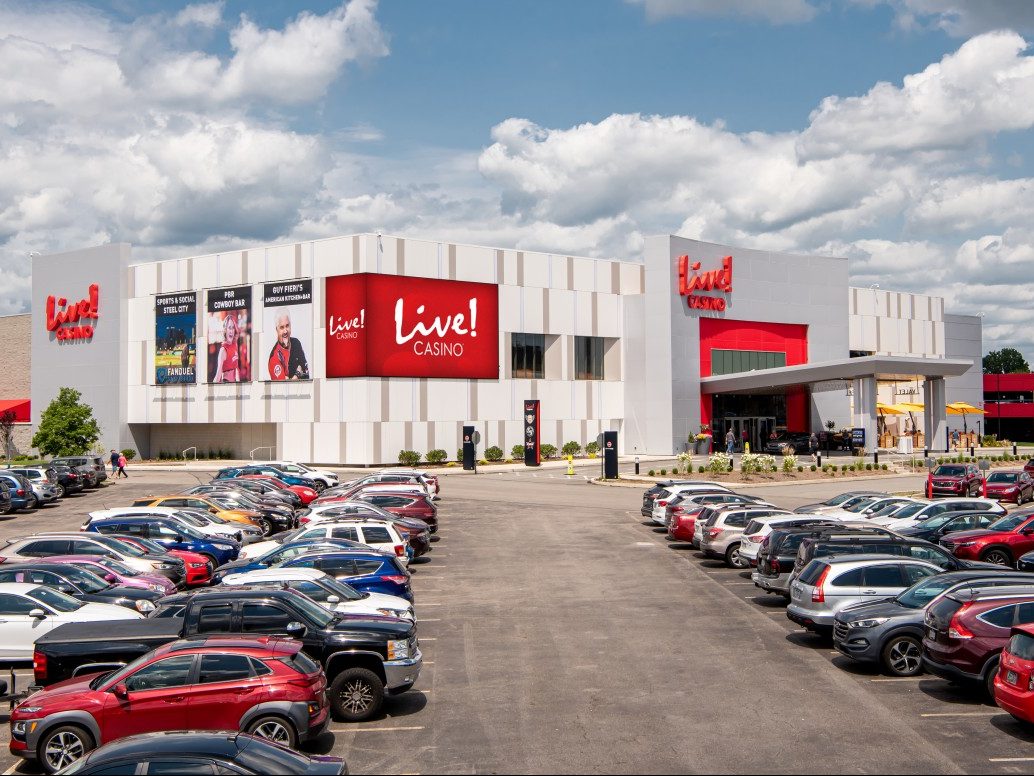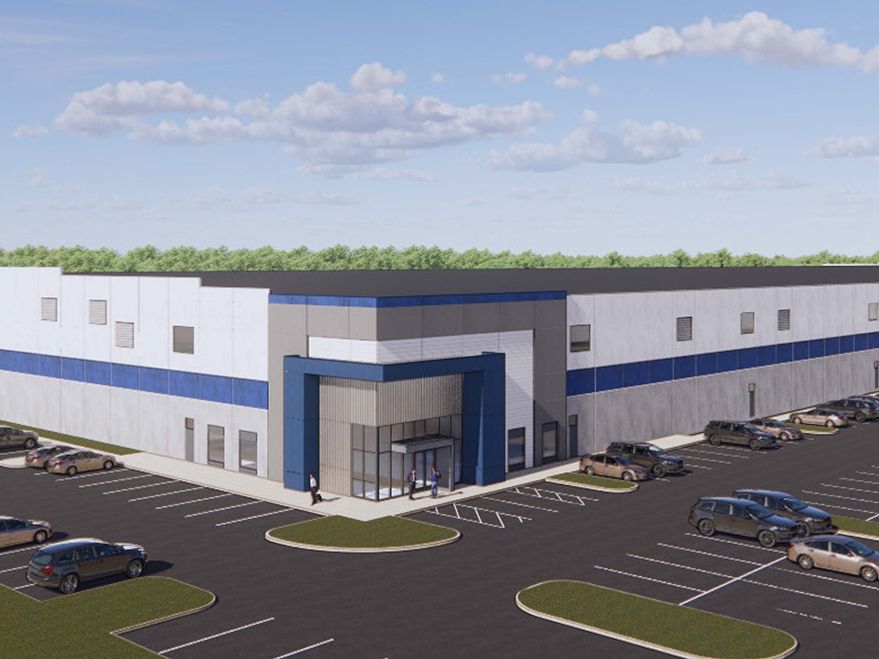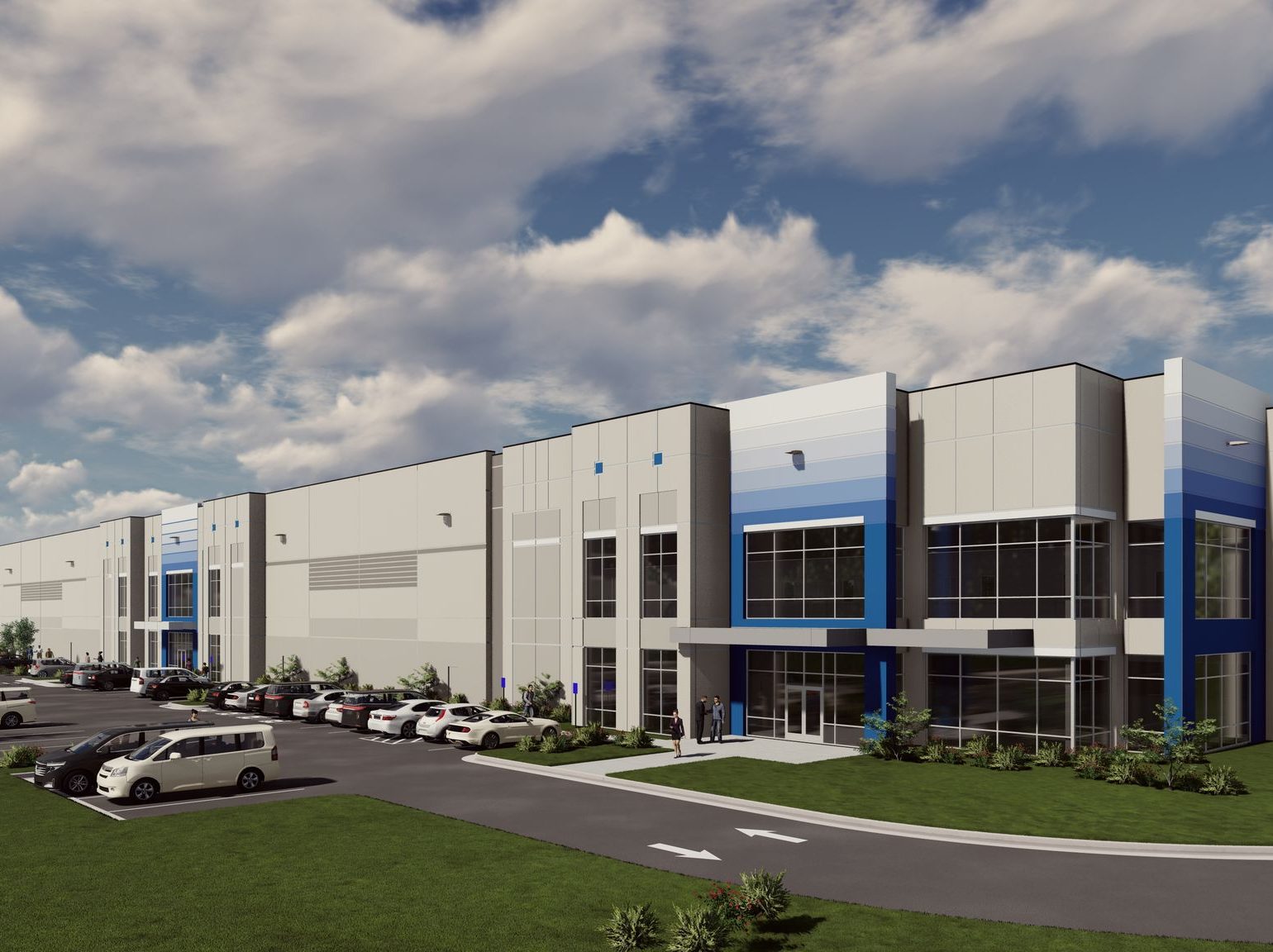GBI Special Report: Exploring ESG in Data Centers
Green Buildings Initiative panel tackles tech-driven sustainability and workforce challenges.
The data center industry will face multiple challenges and changes over the next several years, such as sustainability and a shrinking workforce.
Those issues were the focus of The Better Buildings Seminar: Data Centers, a program hosted by Green Buildings Initiative in Chicago’s historic Fulton Market district. The crowd-pleasing mid-morning session, titled ESG in Data Centers: Opportunities, Challenges and Workforce Development, brought together a panel of experts to address the technical advances driving sustainability in design and operations, as well as the sector’s workforce hurdles.
Miranda Gardiner, executive director, Infrastructure Masons (iMasons) Climate Accord and Courtney Popp, director of education programs for iMasons, hammered home the immense scope of the hiring challenges facing the data center industry. Some 300,000 people will be needed to join the digital workforce in coming years, and half those currently working in the industry will be leaving the workforce within the next 15 years.
READ ALSO: There’s More AI in Investment Than Meets the Eye
“The sustainability of talent pipelines is as important as the sustainability of materials and energy,” Popp said. “Only about 40 percent of Americans have a four-year college degree or better, but this industry doesn’t require that degree.”
Earlier this year, iMasons debuted its Job-Matching Platform for the digital infrastructure industry, assessing job postings from partner companies and aligning them to job seekers’ skillsets, to connect talent to leading digital infrastructure firms, she said.
Boring solutions
Sara Neff, partner & general manager for sustainability, Cloud Operations + Innovation with Microsoft, drew repeated laughs from the audience as she poked fun at the common perceptions of data centers and the digital infrastructure. “Microsoft has not backed off any of its carbon-free energy goals, thank you,” she asserted to start her talk.
“I have two tween daughters, and they think I’m super boring. Their eyes glaze right over, which is sad because I want to fight for climate for them. But I’m so into boring, and have a very soft spot for boring AI solutions that can help us make a difference.”
Among other attributes, AI can scale, and AI can have a very big carbon impact, she said. When it comes to scaling, AI is very good at detecting leaks, when for instance cooling towers are using more water than anticipated.
Turning to big carbon impacts, AI is excellent in helping concrete become more sustainable. Were it a country, concrete would have the third most emissions after the U.S. and China. Compass Datacenters has been using AI to optimize the soup of cement, aggregate and water for major carbon impact, Neff said.
“I know everyone in this room has an idea for using AI in a boring way to make an impact,” she concluded. “Boring is the new exciting, which is exciting in itself. And maybe someday I’ll even get my daughters to agree.”
Everyday people
Asked what is being overlooked in the quest for sustainability, Reine Rambert, manager of global public affairs with Invenergy, cited a favorite quote. “When we’re thinking about sustainability and climate change, we need to bring together people concerned about the end of the world with people concerned about the end of the month,” she said.
Many people are forced to fret about ensuring the end of the money doesn’t occur before the conclusion of the month. “Unless we can connect it back to everyday people and meeting them where they are, the effort will fail,” Rambert said. “We also have to build more career paths for people into the industry.”
Asked how greater numbers of talented people can be pulled into the workforce, Popp noted military spouses may be an untapped pool of talent for the industry. “The majority of the military is male, their spouses are women and there’s opportunity to gain more diversity there,” she said. “There’s also a misconception you need technical skills to work in data centers. If you’re not super technical, there’s still a place for you.”
Another source of talent may be the moms who stayed home to raise kids during Covid. “Stay-at-home mom, I’ll get that into our job searching platform,” Popp said. “They have scheduling talents, multi-tasking talents. They’ve got everything we need.”








You must be logged in to post a comment.